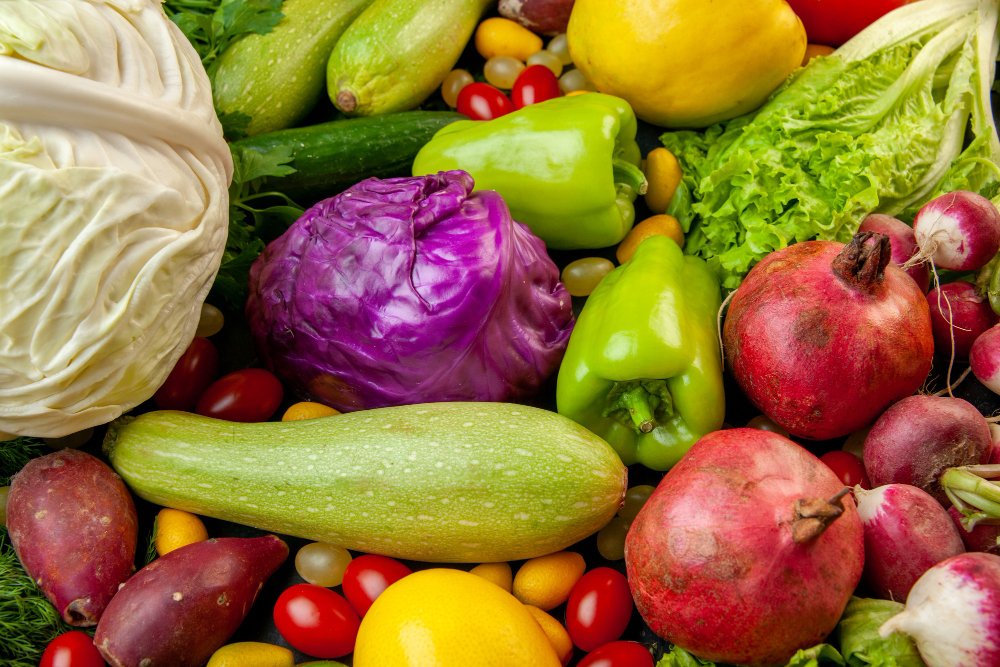
So, you’ve got some cash lying around, and you’re wondering whether to plant it in farmland or put it into other types of real estate like residential or commercial properties? Both are forms of real estate, but which one is the smarter choice? Let’s break it down in simple, easy-to-understand terms.
Contents
Farmland: The Real Estate That Grows Stuff
Farmland is special. It’s real estate, but instead of people or businesses renting it, you’re growing food or renting it to farmers. But before you jump into the agricultural world, let’s take a look at the pros and cons.
Pros of Investing in Farmland:
- Steady Demand for Food: People need to eat, and farmland produces the food we eat. While your residential property may be empty if you can’t find tenants, farmland can continue producing crops or providing grazing land for livestock.
- Less Day-to-Day Maintenance: You won’t be fixing leaky faucets or replacing broken windows on farmland. If you’re not directly farming it, you can lease the land to a farmer, and they’ll handle the hard work.
- Great for Long-Term Investment: Farmland tends to appreciate slowly but steadily over time. If you’re willing to wait, you could see good returns down the line—just like watching crops grow.
See>>> FarmLand for Sale
Cons of Investing in Farmland:
- Not a Quick Cash Machine: Farmland is more like a slow cooker than a microwave. It takes time to see substantial returns, and if you’re depending on crops or rental income from farmers, profits can take a while to materialize.
- Specialized Knowledge: You don’t need to be a farmer to own farmland, but understanding things like soil quality, weather, and crop cycles can be important. And nobody wants to buy farmland only to realize it’s more of a swamp.
- Risky Weather Conditions: Droughts, floods, or pests can ruin a year’s worth of crops, which could affect your income. Mother Nature can be a bit of a wildcard.
See>>> Is Farmland a Good Investment
Residential or Commercial Real Estate: The “City Life” Option
While farmland is a type of real estate, most people think of urban properties—residential homes, apartments, and commercial spaces—when they talk about real estate. These properties are typically located in cities or towns, and investing in them can feel a bit more… cosmopolitan.
Pros of Investing in Residential/Commercial Real Estate:
- Regular Income: If you buy a house, an apartment, or a commercial building, you can rent it out and collect steady rent. Your tenants help you pay the bills, and if you’ve done your homework, you can make a nice profit every month.
- Potential for Fast Gains: In a hot market, property values can skyrocket quickly. If you’re lucky, your property could appreciate in value much faster than farmland.
- More Flexibility: You can flip a property, rent it out, or even live in it. You could turn your property into an Airbnb or a small business space if the area allows.
Cons of Investing in Residential/Commercial Real Estate:
- High Maintenance Costs: Unlike farmland, buildings come with their own set of headaches. Leaky roofs, broken water heaters, and pesky tenants who don’t pay rent on time are all part of the deal. Be prepared to invest in repairs and upkeep.
- Market Volatility: The real estate market can fluctuate based on the economy, interest rates, and demand. One year, your property might be worth a fortune; the next, it might feel like a financial sinkhole.
- Vacancy Woes: If you can’t find tenants, you still have to pay the mortgage, taxes, and maintenance. An empty property can quickly turn from a gold mine to a money pit.
See>>> Farmland Investment for Beginners In Nigeria: A Comprehensive Guide
So, Which One Should You Choose?
It all depends on your goals and personality. Are you someone who likes the idea of a slow-growing, steady investment? Farmland could be for you. It’s low-maintenance and ideal for long-term investors who can wait for the harvest season (literally and financially). Plus, you’ll have the satisfaction of knowing your land is helping feed the world!
On the other hand, if you prefer the buzz of city life and want the potential for faster returns, residential or commercial real estate might be more your style. You can collect rent, flip properties, or invest in a booming area and watch your property value soar. But keep in mind, the risks can be higher, and the headaches (like tenant issues and repairs) might be more frequent.
See>>>
- The Best Profitable Crop Farming in Nigeria: Quick-Growing Crops for Big Gains
- Top 10 Most Profitable Farm Animals Per Acre in Nigeria
The Verdict
Investing in farmland is like planting a tree—it takes time to grow, but with patience, you’ll have something sturdy and lasting. Residential and commercial real estate, on the other hand, can feel more like managing a business—you can get quick returns, but you need to stay on top of things or you might get burned.
In the end, both farmland and other real estate have the potential to be great investments, as long as you know what you’re getting into. Whether you’re growing crops or renting out apartments, just make sure you don’t go into it blindly. Do your research, plan for the unexpected, and try to enjoy the ride.
- Follow me on TikTok for quick tips and behind-the-scenes tours
- Subscribe to my YouTube channel for in-depth videos and property showcases
- Follow me on Facebook for updates, listings, and real estate advice



Leave a Reply